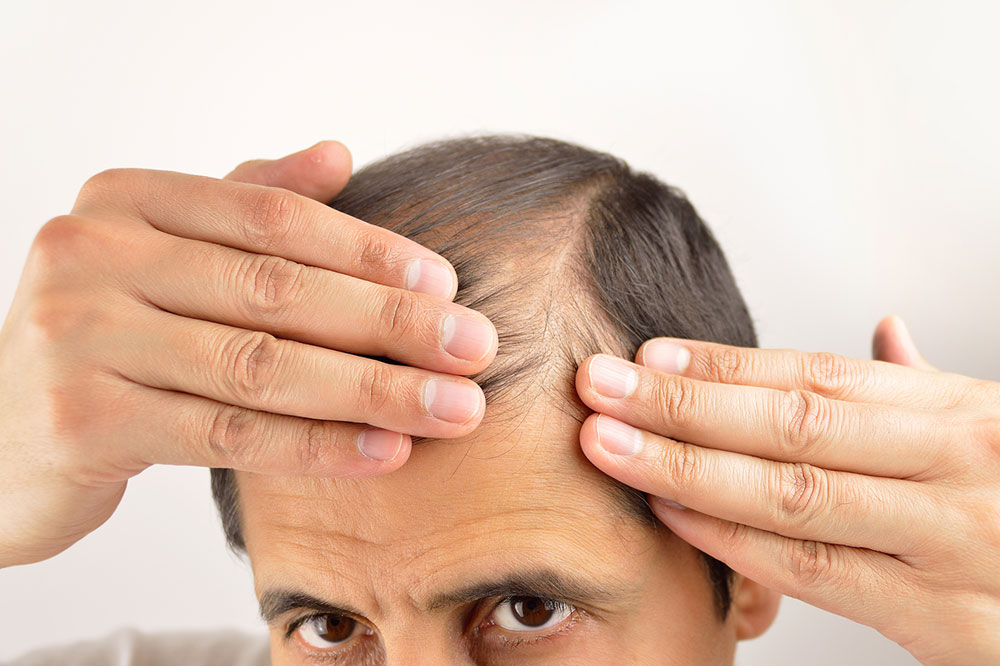10 side effects of sleep deprivation

Getting a good night’s rest helps the body and mind recover from the physical and mental exhaustion one experiences throughout the day. Adequate rest is not only essential for recovery but also for maintaining vital metabolic and hormonal functions that are required to keep the organs running and prevent health complications. One should also prioritize rest to avoid dealing with the side effects of sleep deprivation that can affect overall health:
Memory problems
The brain needs adequate rest at night to be energized and function properly during the day. Lack of sleep affects cognitive functions that control memory. Sleep deprivation has a major impact on the connections the brain forms at rest that control short- and long-term memory.
Poor analytical thinking
Sleep deprivation also affects rational thinking and the ability to process information. One may also have trouble focusing, which can affect decision-making even when it comes to routine tasks.
Mood swings
Sleep deprivation affects the hormonal balance in the body and, as a result, the mood. Persistent lack of sleep can make one more irritable, short or quick-tempered, and emotionally unstable, increasing the risk of anxiety or depression.
Elevated blood pressure and glucose
Sleep regulates metabolic activities and processes, so without proper rest, the digestive and circulatory systems will not be able to function at optimal capacity. This results in an imbalance in blood pressure and blood sugar levels, increasing the risk of cardiovascular diseases and diabetes.
Low libido
Another side effect of lack of sleep is reduced libido, where one might lose interest in intimacy. In men, sleep deprivation directly impacts testosterone levels, which affects their performance and desire.
Increase in BMI
Body mass index (BMI) measures body fat based on mass and height. For example, an adult should maintain a BMI score of 18.5 to 24.9; anything higher than that increases the risk of health complications. Sleep deprivation can impact the metabolic cycle, causing an increase in body mass that may lead to health concerns.
Severe daytime fatigue
Sleep helps the mind and body to conserve energy at night and gear up for the next day. So, not getting the required rest repeatedly can lead to chronic fatigue.
Lack of balance
One can experience issues maintaining their balance and posture due to fatigue that sets in because of lack of sleep. Impaired cognitive function can make one lose their balance or be unable to maintain a steady gait. This increases the risk of falls and injuries.
Low immunity
The immune system works around the clock to protect the body from diseases and disorders. Sleep helps reactivate this defense system, and overnight rest lowers the risk of getting sick.
Higher risk of accidents
Drowsiness affects focus and the ability to think or carry out regular activities. As the balance is also affected, one may be at a higher risk of injuries or accidents when they do not get enough sleep.






